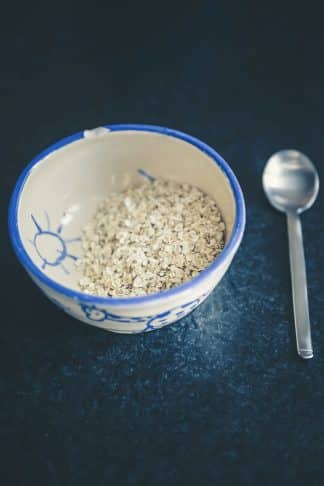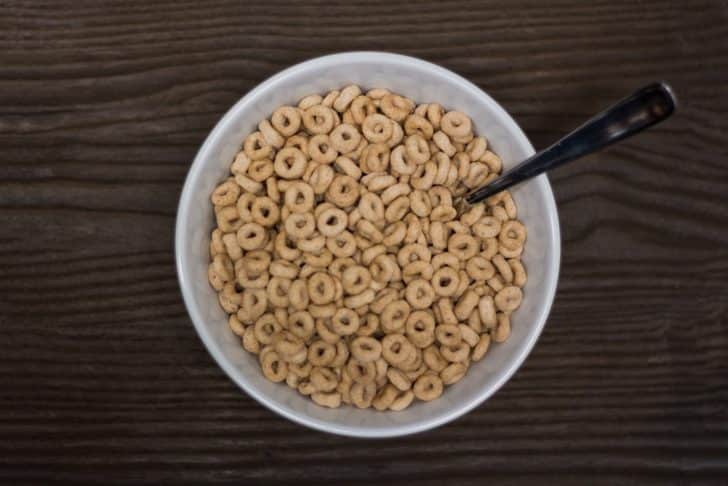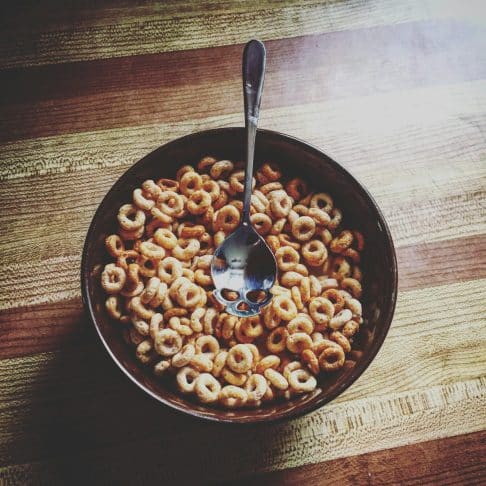A study published by the Environmental Working Group (EWG) in the Journal of Exposure Science & Environmental Epidemiology revealed that a significant 80% of Americans tested positive for chlormequat, a harmful additive. This chemical, categorized as a “highly toxic agricultural chemical,” is permitted for use on oats and other grains imported into the US, as stated by the EWG.
Chlormequat is applied to oat and grain crops to modify their growth, inhibiting them from bending over during growth and thereby facilitating harvesting, according to the EWG’s findings. Alarmingly, the EWG’s report highlighted that this chemical was detected in 92% of oat-based products purchased in May 2023, including popular brands like Quaker Oats and Cheerios.
Despite these concerning revelations, neither General Mills, the manufacturer of Cheerios, nor PepsiCo, the producer of Quaker Oats, provided immediate comments upon request.

Additionally, the EWG’s research uncovered another troubling trend: analysis of urine samples collected from 96 individuals between 2017 and 2023 revealed higher levels and increased occurrences of chlormequat in the 2023 samples. This suggests a potential rise in consumer exposure to chlormequat over time, further underscoring the urgency of addressing this issue.
Chlormequat detection among study participants underwent a notable progression over recent years, with figures rising from 69% in 2017 to 74% between 2018 and 2022, culminating in a significant spike to 90% in 2023. The persistence of such elevated levels, despite the chemical’s typical elimination from the body within 24 hours, suggests regular exposure among Americans, as highlighted in a report by the Environmental Working Group (EWG) earlier covered by the Daily Mail.
While ongoing research delves into the implications of chlormequat exposure, preliminary animal studies have raised concerns about its potential adverse effects on humans. Notably, animal experiments have shown damage to reproductive systems, disruptions in fetal growth, alterations in developmental processes, and metabolic disturbances, prompting

about its impact on human health, as noted by the EWG.
In a comprehensive analysis, the EWG examined 20 oat-based products, along with seven organic, 13 non-organic, and nine wheat-based items. Notably, 92% of non-organic oat-based foods tested positive for detectable levels of chlormequat, contrasting with only two wheat-based samples—both bread—with minimal traces of the chemical. Among the organic selections, only one sample exhibited low levels of chlormequat, underscoring potential disparities in exposure based on production methods.
Expressing grave concerns, the EWG vowed to intensify its investigations into chlormequat and its detrimental effects while demanding accountability from federal authorities. This includes urging the Food and Drug Administration (FDA) to mandate testing of US food products for chlormequat, a move crucial for safeguarding public health.

However, amidst mounting apprehension, the EWG highlighted a contentious decision by the US Environmental Protection Agency (EPA) under President Biden’s administration. In April 2023, the EPA proposed permitting the first-ever domestic use of chlormequat on barley, oat, triticale, and wheat crops, responding to a request from chlormequat manufacturer Taminco. This decision drew sharp criticism from the EWG, denouncing it as “dangerous” and highlighting the urgent need for regulatory oversight.

Despite calls for accountability, both the FDA and Taminco remained unresponsive to requests for comment, leaving consumers seeking guidance in navigating chlormequat exposure. In light of these developments, the EWG advocated for a precautionary approach, advising consumers to prioritize organic oat products grown without synthetic chemicals like chlormequat. As Olga Naidenko, EWG’s vice president of science investigations, emphasized, opting for organic oats offers a safer alternative, devoid of toxic pesticides like chlormequat and glyphosate.
